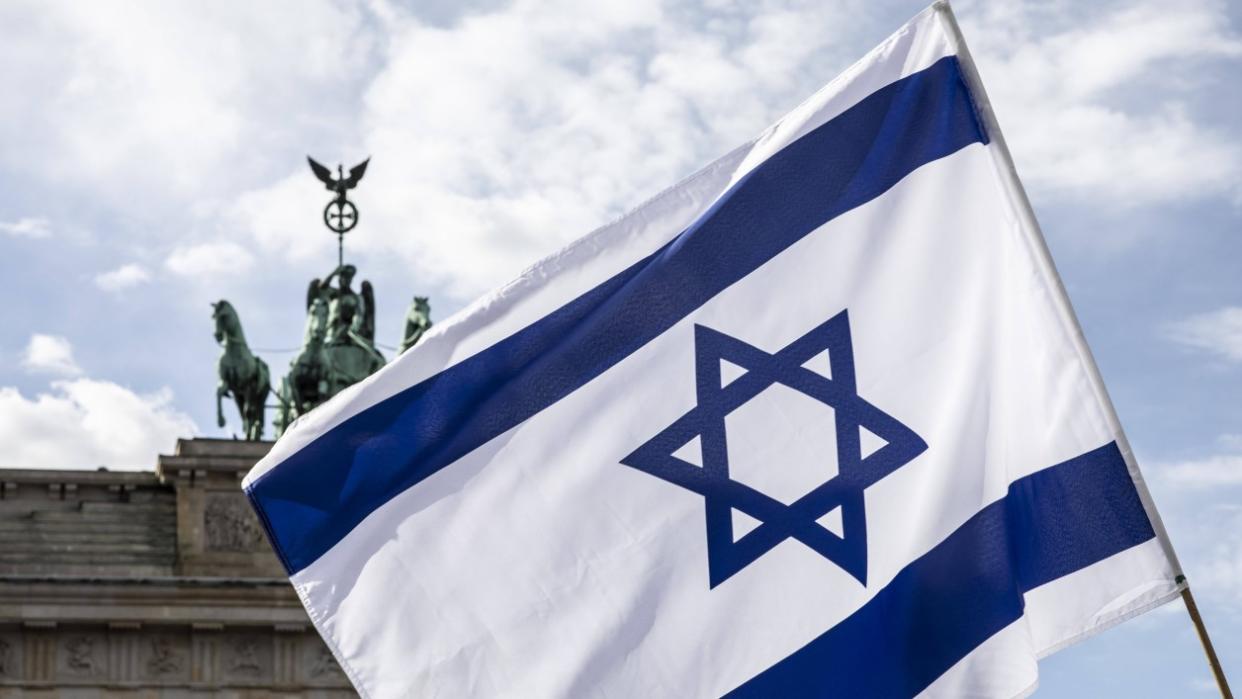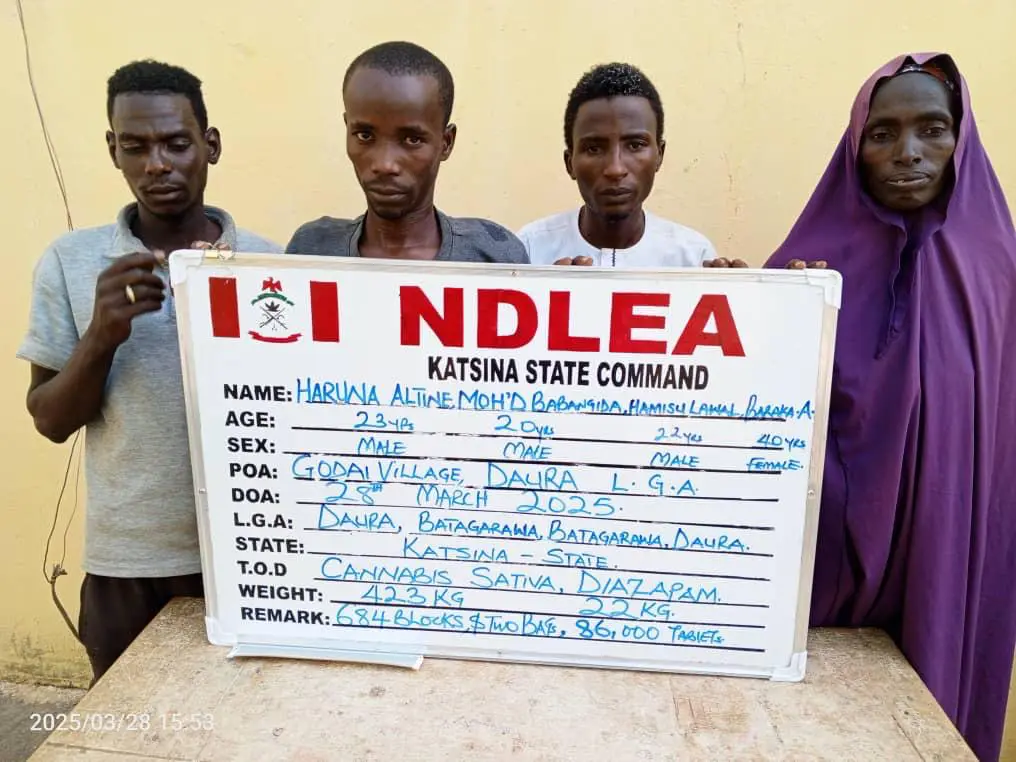A Controversial Move
Israel’s security cabinet has approved a plan to grant independence to 13 Jewish settlements in the Israeli-occupied West Bank, marking a significant step in the government’s efforts to solidify its presence in the contested territory. Finance Minister Bezalel Smotrich announced the decision on social media, framing it as part of a broader strategy to normalize and regulate settlements. However, the move has drawn sharp criticism from Palestinian authorities and international observers, who view it as a violation of international law and a setback for peace efforts. This development comes amid heightened tensions in the region following the October 7, 2023, Hamas-led attack on Israel, which has deepened Israel’s resolve to maintain control over the West Bank.
The Plan for Settlement Independence
The approved plan involves separating 13 Jewish settlements from their neighboring Palestinian communities and ultimately recognizing them as independent entities. This decision follows the recent approval of tens of thousands of new housing units across the West Bank, signaling Israel’s commitment to expanding its settlements despite widespread opposition.
Finance Minister Bezalel Smotrich, a prominent advocate for settlement expansion, described the move as a “revolution of normalization and regulation.” In a post on X, he stated, “Instead of hiding and apologizing – we raise the flag, build, and settle. This is another important step on the path to actual sovereignty in Judea and Samaria,” using the biblical names for the West Bank.
The Israeli government has justified its actions by citing security concerns, particularly in the wake of the October 7, 2023, attack by Hamas-led militants. Israel’s military has intensified counter-terrorism operations in the West Bank, targeting suspected militants and reinforcing its presence in the region.
Palestinian and International Reactions
The Palestinian Foreign Ministry condemned the decision, accusing Israel of disregarding international legitimacy and resolutions. In a statement, the ministry criticized the move as an attempt to impose unilateral realities on the ground and undermine the prospects for a two-state solution.
Hamas, the Palestinian militant group governing Gaza, also denounced the plan, calling it a desperate effort to consolidate colonial occupation on Palestinian lands. The group warned that such actions would only escalate tensions and further destabilize the region.
The international community has largely viewed Israel’s settlements as illegal under international law, citing the Fourth Geneva Convention, which prohibits the transfer of an occupying power’s civilian population into occupied territory. Most countries, including key allies of Israel, have consistently opposed settlement expansion, arguing that it undermines the possibility of a peaceful resolution to the Israeli-Palestinian conflict.

Historical Context and Legal Disputes
The West Bank and East Jerusalem have been at the center of the Israeli-Palestinian conflict since Israel captured the territories during the 1967 Six-Day War. Approximately 700,000 Israeli settlers now live among 2.7 million Palestinians in these areas, creating a complex and often volatile demographic landscape.
While Israel disputes the legality of its settlements, citing historical and biblical ties to the land, the international community maintains that the settlements violate international law. The United Nations and numerous human rights organizations have repeatedly called for a halt to settlement expansion, emphasizing the need for a negotiated solution based on the principles of the two-state solution.
Read Also: “Iran Demands US Policy Change for Nuclear Talks, Rejects Trump’s Approach”
Implications for Regional Stability
The decision to grant independence to the 13 settlements is likely to exacerbate tensions in the region, particularly at a time when the Israeli-Palestinian conflict remains highly volatile. The move could further alienate Palestinian leaders and complicate efforts to revive peace talks, which have been stalled for years.
The Biden administration, which has sought to balance its support for Israel with calls for restraint in settlement expansion, faces renewed challenges in navigating the conflict. The US has historically opposed unilateral actions that undermine the prospects for a two-state solution, and this latest development is likely to strain relations between the two allies.
A Deepening Divide
Israel’s approval of independence for 13 West Bank settlements underscores the government’s determination to assert its control over the contested territory, despite widespread international criticism. The move reflects a broader shift in Israeli policy under the current administration, which has prioritized settlement expansion and security concerns over diplomatic engagement.
For Palestinians, the decision represents a further erosion of their aspirations for statehood and self-determination. As the international community grapples with how to respond, the prospects for a peaceful resolution to the conflict appear increasingly distant.
The path forward remains uncertain, but one thing is clear: without a fundamental shift in approach from both sides, the cycle of conflict and mistrust is likely to continue. The international community, including key stakeholders such as the United States, the European Union, and regional powers, must play a proactive role in de-escalating tensions and fostering dialogue.
For now, the approval of settlement independence marks another chapter in the long and contentious history of the Israeli-Palestinian conflict, with no easy solutions in sight.
















Got a Questions?
Find us on Socials or Contact us and we’ll get back to you as soon as possible.